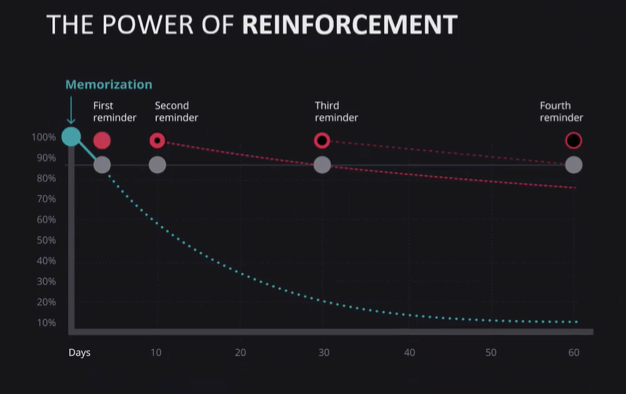 Have you ever wondered what an airplane pilot does before flying their passengers from point A to point B? No matter how many years of experience they have, their routine will almost always remain the same. Before a flight, the pilot will always go through a complete and accurate checklist to make sure that everything they need is functional and available.
Have you ever wondered what an airplane pilot does before flying their passengers from point A to point B? No matter how many years of experience they have, their routine will almost always remain the same. Before a flight, the pilot will always go through a complete and accurate checklist to make sure that everything they need is functional and available.
The usefulness of a CRM for sales people is very similar to the checklist that the pilot uses before departing. This is why it is important to have a good implementation of your CRM and to fill it out adequately with quality data. Do you think that a pilot could venture into the air with an incomplete and imprecise checklist to check before departure?
Why is it essential to implement a CRM?
Sales training is the first essential element to ensure that your sales reps have the competencies to be elite salespeople. However, the process doesn’t stop there, because sales training will not persist over time if it is not accompanied by some form of support.
Did you know that, when we attend training, we retain most of the concepts learned in the short term, but after 60 days, we only remember approximately 10% of them? This is why it is important to have tools to avoid losing all the concepts that have been learned during the training. What really helps sales in terms of memorization and reinforcement, in addition to effective and continuous coaching, is to have these concepts and your sales process clearly defined in your CRM.
Here is a graph that illustrates very well this concept of reinforcement regarding memorization:

As shown in the graph, the memorization curve can become less steep over time through reinforcement. This is why the implementation of technological tools such as a CRM ensures the repeatability of the theory seen in the training sessions.
Taking advantage of the technology at your disposal
Technology has great uses and makes our daily activities much more efficient. This is why it is essential to use the technologies at your disposal. For example, let’s take a big rock that needs to be broken. You may be able to do it with your own hands, but it’s obvious that the work will be much harder than if you had used a jackhammer.
With sales, the principle is very similar. Technology allows salespeople to collect very accurate data about their customers much faster. The main utility of your CRM is to build a wealth of data to identify many sales opportunities and identify problems within your process. In a context such as the one we are currently experiencing with the pandemic, it is even more important to use the technological tools at your disposal to identify a greater number of opportunities and enhance your sales activities.
However, to do so, you must ensure that you implement your CRM properly and make optimal use of it and other technological tools. Referring to a study conducted in 2020 on the state of CRM management, we note that the quality of the data inserted in a CRM plays a key role when it comes to making sales forecasts. Approximately 75% of the CRMs studied revealed accurate or very accurate forecasts when they contained very good quality data.
Why do companies stop after training?
So, why do most companies decide to not go further after training? The answer is that there is this magical thought among sales teams that training will be the solution to all their problems. Just because a writer buys Microsoft Words doesn’t mean that his novel will write itself! You’ve taken the right first step if your team has taken sales training, but if you want to see your sales activities grow through time, it can’t end there.
Furthermore, it is very often the case that the goals that sales managers set for their team are not well aligned with the investment they are willing to make in time and money to achieve them. As a result, there is a lack of awareness regarding the procedures, support, coaching and reinforcement required to ensure that learning is sustained. Expectations regarding sales training are often far too high, when it all comes down to the use and management of technological tools such as the CRM.
Key takeaways
The technological tools at your disposal are your checklist to make sure you retain the theory you learned during your sales training. These tools, if properly implemented and used, will allow you to be much more efficient throughout your sales process and will undoubtedly allow you to identify more sales opportunities. They will therefore allow you to move from point A to point B with confidence, just like an airplane pilot would.






